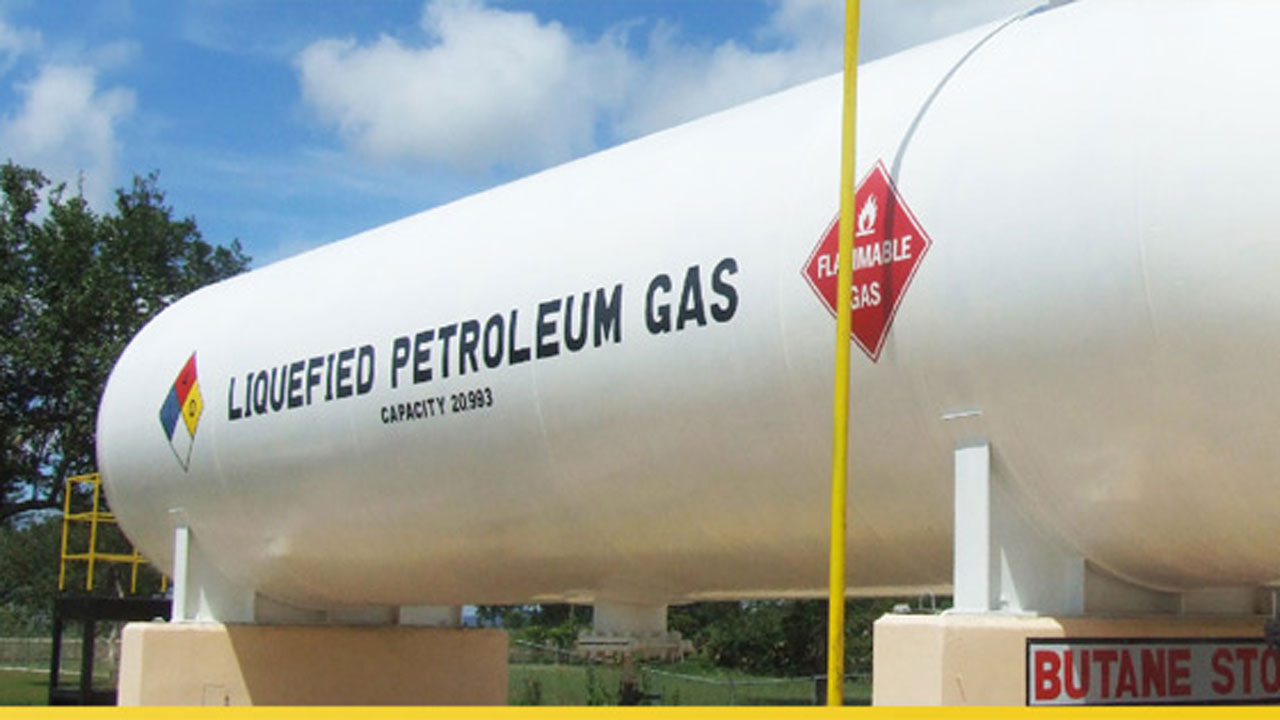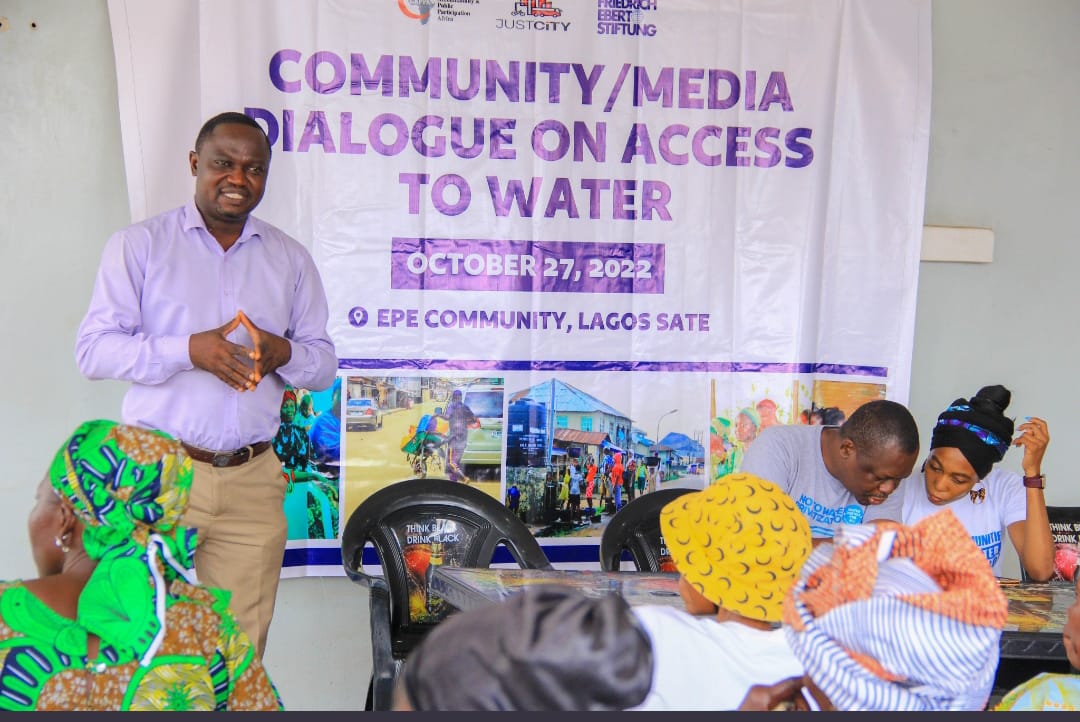Nigerians face an increasingly dire situation in their energy requirements. It is now so grim that low income earning Nigerians, particularly women now resort to fire wood, charcoal, saw dust and even scavenge for pieces of woods at building sites to source abandoned woods to make their meals since they could no longer afford Liquefied Petroleum Gas (LPG) or cooking gas and Dual Purpose Kerosene (DPK), commonly called kerosene.
Yet, in spite of the ‘scarcity’ and rising cost of cooking gas, which now sells averagely for N10,000 per 12.5kg cylinder, kerosene, which currently sells for N900 per litre, Automated Gas Oil (AGO) at N800 and Premium Motor Spirit (PMS) at an average of N200 and other sources of energy, the Nigerian government had continued to encourage and allow reckless flaring and venting of the abundant associated gas in over 178 flare sites across the country and particularly in the Niger Delta region, with all the attendant devastation, degradation and severe pollution of the environment.
Specifically, the stakeholders revealed that there has been heavy flaring of gas in Oil Mining Leases (OMLs) 60, 61 and 63, among other flare sites across the oil-bearing Niger Delta region.
The stakeholders, who described the above scenario as ‘excessive waste of the nation’s vast natural oil and gas resources,’ stressed that there is the need to transform the massive waste to wealth in a creative manner in using the country’s excess gas to improve livelihoods, but bemoaned the situation in which gas was being burnt and politicised in that the Federal Government continues to shift gas flares-out date by International Oil Companies (IOCs).
This was the focus of a stakeholders’ technical session on Accountability for Gas Flared and Clean Energy Advocacy (AGFACEA) organised in Lagos by a coalition of 10 cluster members under the auspices of the Advocacy for Gas Flared Accountability in Nigeria (AGFAN) with support from the United States Agency for International Development (USAID) and Palladium.
Members of the cluster are the Initiative for Community Development (ICD), which acted as the anchor; ANPEZ Centre for Environment and Development; Capital Multimedia Limited (CML); Community Initiative for Enhanced Peace and Development (CIEPD) and Centre for Transparency Advocacy (CPA).
Others are the Centre for Development Support Initiatives (CDSI); Environmental Rights Action/Friends of the Earth Nigeria (ERA/FoEN); Entrepreneurial Development Initiative (ENDIP); the Corporate Accountability and Public Participation Africa (CAPPA) and Muma Foundation.
Other stakeholders in the project are the National Oil Spill Detection and Remediation Agency (NOSDRA); Nigerian Extractive Industry and Transparency Initiative (NEITI); the Nigerian Upstream Petroleum Regulatory Commission (NUPRC), the Nigerian National Petroleum Company Limited (NNPCL); and multinational oil and gas companies, among others.
According to the organisers, the goals of the project include improved transparency and accountability in flared and vented gas volumes and payment of penalties for flared gas in Nigeria, increase of Liquefied Petroleum Gas (LPG) to 5,000,000 metric tons (MT) by 2023, reduced Green House Gasses (GHG) emissions, boosting of the socio-economic status of Nigeria and assistance to meet Nigeria’s Nationally Determined Contributions (NDCs) to the United Nations Framework Convention on Climate Change (UNFCCC).
During the technical session, it was established that the country started charging 10 cents for each cubit of gas flared since 1978 and that NOSDRA installed a gadget for detection of gas flare sites in 2018 following a global trend that started in 2014 and that Nigeria increased its penalty to a paltry $2 per 10,000 cubits of gas flared.

The stakeholders, who also revealed that when the issue of gas flaring became heated, industry players moved from flaring to venting of gas, pointed out that oil companies deployed venting because it could not be tracked so as to avoid paying the penalties associated with flaring, just as the tracker showed that heavy flaring of gas was still ongoing in the country.
Lamenting that there was no harmonised data on the correct volume of gas flared or vented, a member of the AGFAN Cluster under the aegis of the Strengthening Civic Advocacy and Local Engagement (SCALE), Everest Nwankwo, explained that from the foregoing, a mechanism for peer review of the reported volume of gas flared and vented in the country was necessary, not only to determine the exact amount of gas flared, but also to determine the proper penalty to be paid by the defaulting companies.
Read Also: Imo won’t survive your second coming–PDP to Uzodinma
He recalled that sometime in 2018 during a visit to Uzere Community in Isoko South Council of Delta State, which is host to flaring from no fewer than 29 oil wells, the skin of those residing in the community had in his words “become black (not dark)” due to the effect of constant exposure to flaring, which had been ongoing for over 50 years.
“The community has a cassava processing plant, but the locals dry their cassava chips, popularly referred to as tapioca (or kpokpo garri) with the heat of gas flare racks in the town, but unknown to them, those that consume the chips are consuming gas flare infected product, which also affect their health. The people are losing their lives due to the effect of gas flares in the community and other oil host communities,” he said.
He also lamented that saw dust was becoming scarce for poultry farmers in Agbor and other communities due to the fact, some residents who could not afford kerosene or gas and could not access fire wood besiege the sawmills from where poultry farmers source their saw dust, adding that the implication of that development is that the prices of eggs and chicken will increase as a result of scarcity and rising cost of saw dust.
Another member of the cluster, Benjamin Ogbalor, pointed out that there was the need for accountability on the collection, collation and reporting of gas flare volumes, as well as adequate and improved data on the volume of gas flared in the country, adding that even the monthly collation of payments by NEITI for gas flared fell far short of projections.
He canvassed the need for the establishment of an independent government agency for the collection and reporting of data on gas flared through robust collaboration with the Ministry of Finance, NUPRC, NEITI, NOSDRA and other relevant bodies to reconcile the volumes for the correct payments that might have been evaded in the past, even as the stakeholders lamented that over $600 million was being lost yearly to under reporting and unpaid penalties for gas flared or vented.
They also wondered what the Federal has been doing with the penalties it had been collecting from the IOCs, which are the big polluters of the Niger Delta region, as host communities continue to suffer the harms of flaring and oil exploration activities.

During the technical session, which comprised Victor Eromosele, representative of Nigeria Union of Petroleum and Natural Gas Workers (NUPENG), as well as Olayinka Oyegbile of Development Works and representative of NOSDRA, Dr. Mahmood Ibrahim, who explained that over four billion cubits feet of gas (CFG) had been flared from 2012 till date, pointed out that the gas flare tracker had revealed that heavy flaring was still ongoing in OMLs 60, 61 and 63, among others.
He added that in spite of the Independent Power Plant (IPP) in the Kwale-Okpai axis, there was still flaring of gas and power outage in the area, especially in Utagba Ogbe (Kwale) in Ndokwa West Council of Delta State, insisting that Nigeria will benefit more from conversion and maximisation of its gas resources rather than merely collecting penalties for gas flaring and venting, which remains a waste of the country’s oil and natural gas resources.
In his submission, Eromosele argued that Nigeria’s problem was delay and lack of political will to pursue policies to their logical conclusion and proper implementation of those that have been vetted, maintaining that as long as the country continues to waste time on critical issues, especially those concerning green and renewable energy, the country will continue to falter as the world moves faster in adopting clean energy as opposed to fossil fuels and depleting dirty energy.
“The issue of gas has revealed Western hypocrisy in the Russian-Ukraine crisis and so Nigeria must maximise its oil and gas resources, develop all the natural resources and do away with all inconsistencies going forward. We must go green very quickly otherwise the country will not be able to recover from the shocks very the bug of renewable energy catches on effectively. The Federal Government and stakeholders in the oil and gas industry must take energy transition serious by doing what should be done.”
On his part, Oyegbile, who spoke purely from the perspective of journalism to the issue of provision of clean energy sources for the future, expressed concern that the policy influencers should de-emphasise the future and take care of the present generation, especially those who should have their energy needs met first before making provision for generations yet unborn.
“It does not make sense to make projections for 2060, which is about 38 years from now, when most of the people making such projections would have passed away. So, to me, making provision for the future, when the essential needs of the present generation have not been met is neither here nor there. In as much as the future is necessary, we must also focus on the present to ensure that the country maximises its abundant natural resources so that people do not continue to suffer unnecessarily,” he stated.
Follow The Trumpet on all our social media platforms for more updates:






